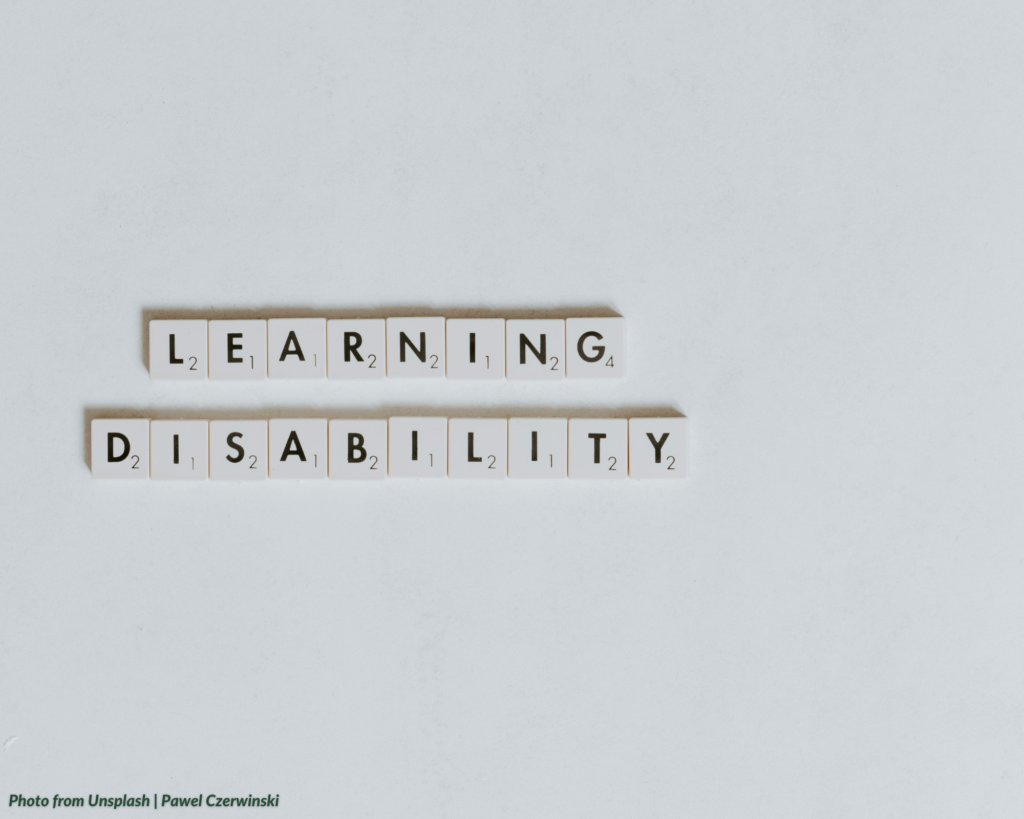
Photo from Unsplash | Pawel Czerwinski
The following post does not create a lawyer-client relationship between Alburo Alburo and Associates Law Offices (or any of its lawyers) and the reader. It is still best for you to engage the services of a lawyer or you may directly contact and consult Alburo Alburo and Associates Law Offices to address your specific legal concerns, if there is any.
Also, the matters contained in the following were written in accordance with the law, rules, and jurisprudence prevailing at the time of writing and posting, and do not include any future developments on the subject matter under discussion.
AT A GLANCE:
The period from February 14 to 20 of every year is declared as the “National Intellectual Disability Week” in the Philippines, by virtue of Proclamation No. 1385, series of 1975.
In 1975, by virtue of Proclamation No. 1385, s. 1975, it was declared that February 14 to 20 of 1975 and every year thereafter was designated as “Retarded Children’s Week”. The law says:
“By order of His Excellency, FERDINAND E. MARCOS, President of the Philippines, I, ALEJANDRO MELCHOR, Executive Secretary, do hereby designate the period from February 14 to 20, 1975, and every year thereafter, as “Retarded Children’s Week” under the auspices of the National Coordinating Committee for Retarded Children’s Week Celebration and other concerned entities.” (Proclamation No. 1385, series of 1975)
The Proclamation seeks to promote awareness on the special needs of individuals with intellectual disabilities.
The celebration was renamed as the “National Mental Health Retardation Week”, and further as “National Intellectual Disability Week”, following standards set by the Diagnostic and Statistical Manual of Mental Disorders (“DSM-5”), the guidebook used by mental health professionals in classifying symptoms of behavior under a particular diagnosis.
Under the DSM-5, intellectual disability involves impairment of general mental abilities that impact adaptive functioning in three domains or areas:
- The conceptual domain, which includes skills in language, reading, writing, math, reasoning knowledge, and memory;
- The social domain, which refers to empathy, social judgment, interpersonal communication skills, the ability to make and retain friendships, and similar capacities; and
- The practical domain, which centers on self-management in areas such as personal care, job responsibilities, recreation, and organizing school and work tasks.
The DSM-5 further explains that “while intellectual disability does not have a specific age requirement, an individual’s symptoms must begin during the developmental period and are diagnosed based on the severity of deficits in adaptive functioning. The disorder is considered chronic and often co-occurs with other mental conditions like depression, attention-deficit/hyperactivity disorder, and autism spectrum disorder.” (“Intellectual Disability”, American Psychiatric Association, DSM-5 Fact Sheet, 2013, accessed at https://www.psychiatry.org/File%20Library/Psychiatrists/Practice/DSM/APA_DSM-5-Intellectual-Disability.pdf)
Under the DSM-5, the term “intellectual disability” now replaces the term “mental retardation”. This in consonance with the terminology used by the World Health Organization’s International Classification of Diseases and other similar authorities. (“Intellectual Disability, Id.)
Policies against discrimination on account of intellectual disabilities
Republic Act No. 10524 (An Act Expanding the Positions Reserved for Persons with Disability) highlights the policy against discrimination of persons with disabilities.
The law says:
“No person with disability shall be denied access to opportunities for suitable employment. A qualified employee with disability shall be subject to the same terms and conditions of employment and the same compensation, privileges, benefits, fringe benefits, incentives or allowances as a qualified able-bodied person.”
The Implementing Rules and Regulations for R.A. No. 10524 provides that “a person with disability shall not be discriminated on the basis of disability with regard to all matters concerning all forms of employment, including conditions of recruitment, hiring and employment, continuance of employment, career advancement, and safe and healthy working conditions.”
In the same vein, Labor Advisory No. 15, series of 2023 reiterates the Labor Code’s policy to provide equal work opportunity for employment of persons with disabilities and prohibit discrimination against a qualified person with disability by reason of disability in regard to job application, hiring, job, training, promotion, compensation or discharge of employees, and other terms, conditions, and privileges of employment.
The Mental Health Act (Republic Act No. 11036) likewise provides that:
“Employers shall develop appropriate policies and programs on mental health issues, correct the stigma and discrimination associated with mental conditions, identify and provide support for individuals with mental health conditions to treatment and psychological support.” (Section 25, Chapter V, Republic Act No. 11036 or the Mental Health Act)
The definition of disability under our laws encompasses the term “intellectual disability”, to wit:
“Disability shall mean:
- a physical or mental impairment that substantially limits one or more psychological, physiological or anatomical function of an individual or activities of such individual;
- a record of such an impairment; or
- being regarded as having such an impairment.” (Section 4 (c), Republic Act No. 7277, or the Magna Carta for Disabled Persons)
Related Articles:
Workplace Policies for Mental Health
Alburo Alburo and Associates Law Offices specializes in business law and labor law consulting. For inquiries regarding taxation and taxpayer’s remedies, you may reach us at info@alburolaw.com, or dial us at (02)7745-4391/0917-5772207.
All rights reserved.


